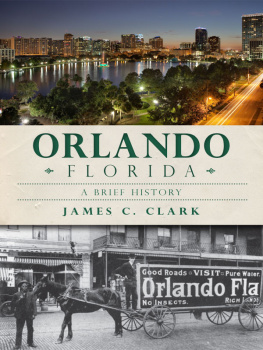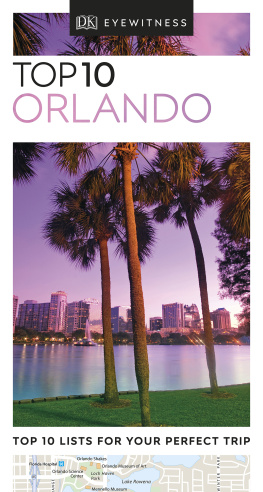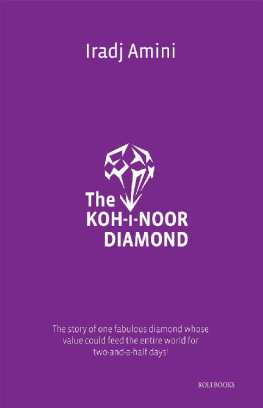Published in South Africa by:
Wits University Press
1 Jan Smuts Avenue
Johannesburg
www.witspress.co.za
Copyright Noor Nieftagodien and Sally Gaule 2012
Photographs Individual copyright holders 2012
First published 2012
ISBN 978-1-86814-544-7 (Print)
ISBN 978-1-86814-595-9 (Digital)
All rights reserved. No part of this publication may be reproduced, stored in a retrieval system, or transmitted in any form or by any means, electronic, mechanical, photocopying, recording or otherwise, without the written permission of the publisher, except in accordance with the provisions of the Copyright Act, Act 98 of 1978.
Edited by Monica Seeber
Cover design and layout by Hothouse South Africa
Printed and bound by Creda Communications
CONTENTS
FOREWORD
One of the tragedies of apartheid was the marginalisation of the history of the black majority of this country. Since at least the 1980s the project to recover this history, which was then called Peoples History, and which was driven by anti-apartheid activists and radical historians, has made great strides in redressing the imbalances of past historical accounts. The rewriting of history has gathered momentum since the advent of democracy and a considerable body of literature has been published about the key figures in the liberation struggle as well as the main events that contributed to overthrowing apartheid. And yet so much more needs to be done to uncover the hidden stories of our communities.
It is in this context that Orlando West, Soweto, an oral history documentation of the joys and struggles of the Orlando community should be understood. Orlando West is renowned for its historic contributions to the liberation of our people. It is here on 16 June 1976 where thousands of students shouted with one voice: To hell with Afrikaans and Down with apartheid. Their courage and determination heralded the beginning of the end of minority rule.
Orlando West, and in particular Vilakazi Street, is the known home of two Nobel Peace Prize winners, the former state president, Nelson Mandela, and Archbishop Emeritus Desmond Tutu. Orlando East is associated with the Sofasonke Party and is home to its founder, James Mpanza, the first man to own horses in the township. Orlando is indeed the home of the struggle and, perhaps, can even be referred to as the political home of South Africa and the bedrock of our nations march towards freedom.
The township of Orlando (the area now known as Orlando East) was established in 1932 as one of the first township settlements developed to house the increasing number of African migrant workers drawn to the burgeoning mining camp of Johannesburg. In 1937 , not long after the establishment of Orlando, a group of young soccer players formed what has become one of South Africas biggest soccer teams of all time, Orlando Pirates.
In its eighty years of existence, Orlando has represented an evolving kaleidoscope of South Africas modern history. This book is the story of the people of Orlando, and is told largely through their accounts. It is a recollection of fond and of painful memories..
This book demonstrates the commitment of the City of Johannesburg Metropolitan Municipality to contribute to the important task of uncovering the history of our communities and we hope this will be the start of a trend that explores communities histories through their people.
Councillor Ruby Mathang
Member of Mayoral Committee:
Development Planning and Urban Management
City of Johannesburg
20 April 2012
ACKNOWLEDGEMENTS
The proposal to undertake a history project in Orlando West was raised at a community meeting of the Vilakazi Street Precinct Upgrade Project. It was an interesting idea, considering the area has received considerable attention due to its centrality in the 1976 student uprising and being home to two Nobel Peace Laureates, Nelson Mandela and Desmond Tutu. Research conducted on the iconic event and on these leaders has illuminated some aspects, especially the politics, on Orlandos history. Nonetheless, residents expressed the view that the rich and diverse histories of the local community had not received adequate attention. The Johannesburg Development Agency (JDA) was therefore mandated by the community to include an oral history of the area in its project plans. In 2009 the History Workshop (University of the Witwatersrand) commenced with this work and after consultation agreed on a number of modest objectives, which included recording life histories of between thirty and forty residents and undertaking archival research, producing a documentary based on the interviews and photographing various aspects of everyday life in the area. In addition local researchers were to be trained and a manuscript written. The achievement of these objectives is due to the support and contributions from numerous people.
The JDA not only provided funds but offered all sorts of logistical support and advice. Kirsten Harrison and Tanya Zack embraced the communitys proposal with enthusiasm and were the early drivers behind the project. Their insistence on proper historical research was crucial in defining its character. Thanduxolo Ntoyi played a critical role as the liaison between our work as researchers, the JDA and the community. Thando Mendrew, the current CEO of the JDA, and Susan Monyai were exceedingly helpful and were critical in steering the project to its conclusion in the form of this book.
Ali Hlongwane played an important role in facilitating relations with the existing heritage organisations. The Hector Pieterson Museum, Mandela Museum and the June 16th Foundation supported and encouraged our work. The former also hosted our workshop with teachers. Several other local entities and people, including the Ward Committee, local councillors and political activists engaged us throughout the life of the project. Sifiso Ndlovu, the key historian on the Soweto Uprising, was always generous in his response to our queries.
Dumisane Khesa, Sakhile Mthabela and Tshepo Ramutumbu were the main local researchers on the project. Two others, Joy Matthews and Boitumelo Khoza left when they found long-term employment elsewhere. The remaining three attended training workshops, conducted interviews and spent many weeks in the archives. Despite some challenges their collective effort added value to the research. It was agreed at the outset to photograph contemporary life in the area and to collect photos from residents. Sally Gaule brought her skills and experience to bear on both these aspects and mentored Sakhile in the process. The two of them mounted a successful exhibition based on the photographs taken during the course of the project. In addition, Sally has produced an insightful and sensitive photo-essay as the last chapter of the book.
Wonderboy Peters and his crew of young film-makers spent a number of weekends video-recording interviews with several residents, and produced a documentary on the history of Orlando, which has been enthusiastically received in the community. Copies have been distributed to interviewees and schools in the area.
The research team based at the History Workshop was, as usual, outstanding. Tshepo Moloi played a pivotal role in conducting interviews and acting as a mentor to the local researchers. His expertise as an interviewer is evident in the documentary and this book. Transcribing interviews is a critical but often neglected part of oral history. Plantinah Dire, Tshegofatso Leeuw, Sibongile Mgwebi, Reabetswe Kgaruwe, Mojabeng Liholo, Bongani Khumalo and Musawenkosi Malabela ensured the interviews were reliably transcribed and translated. Our administrators, Zahn Gowar, Gugulethu Nyathikazi and Ms Sifiso Ndlovu often went beyond the call of duty to address a steady stream of demands. Phil Bonner was always supportive and participated in the training workshop.




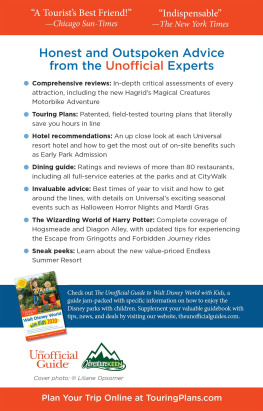
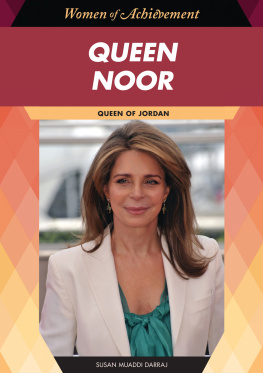
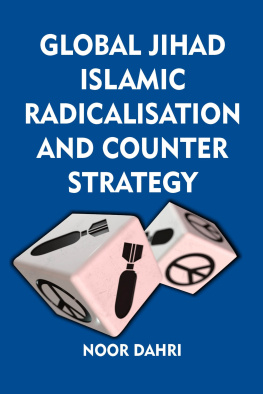
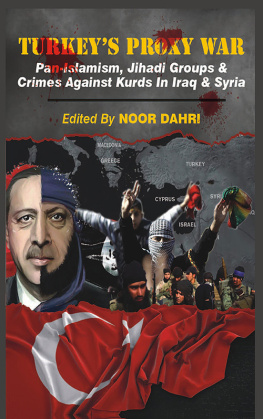
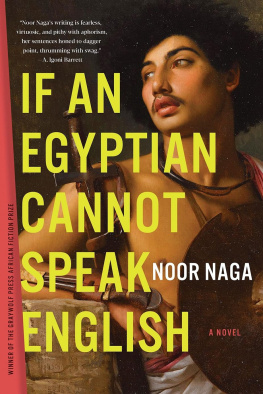
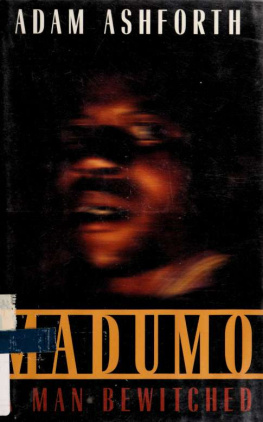
![Laura Lea Miller - Frommers Walt Disney World & Orlando with kids [2010]](/uploads/posts/book/213893/thumbs/laura-lea-miller-frommer-s-walt-disney-world.jpg)
